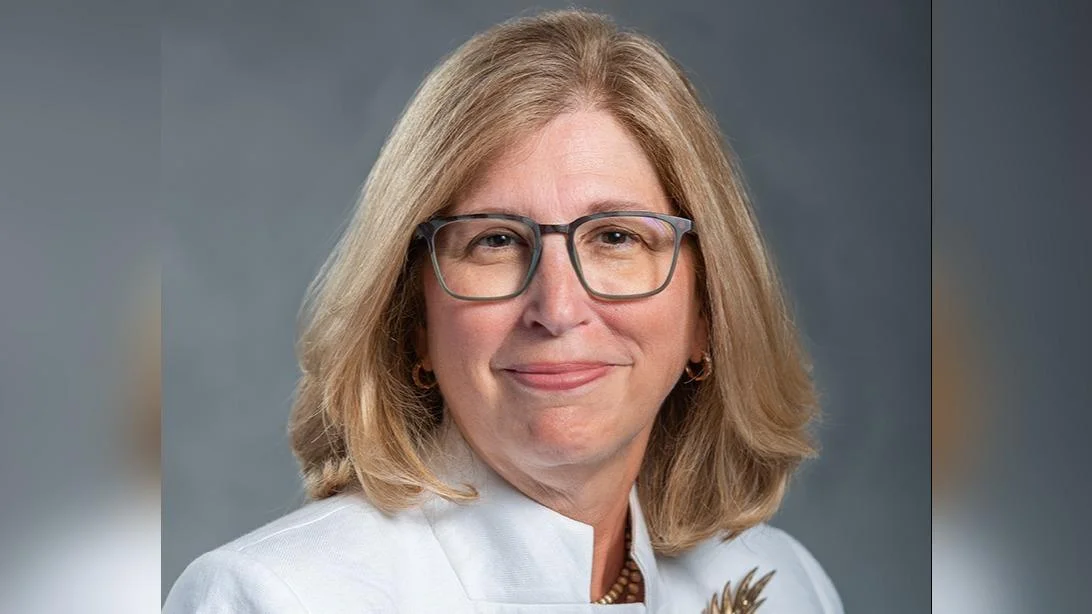Interim President Teresa K. Woodruff, Ph.D. | Michigan State University
Interim President Teresa K. Woodruff, Ph.D. | Michigan State University
When Michele Weston, a graduate student in plant biology at Michigan State University, encounters difficulties with her statistics homework, she turns to ChatGPT for assistance. By crafting prompts and asking follow-up questions, Weston uses the AI chatbot not just to find answers but to understand the material.
Weston’s approach highlights a growing trend among students who use generative AI tools like ChatGPT for academic support. "I call ChatGPT a tutor because it’s an ongoing conversation," Weston explained. This shift allows students instant access to help outside traditional university resources such as help rooms or professor office hours.
The emergence of generative AI has sparked discussions about its impact on education. Stephen Thomas, digital curriculum coordinator for MSU's College of Natural Science, compared this technological advancement to the early days of the internet when faculty were concerned about students using search engines instead of memorizing information. "Now the question is, what does expertise look like when you have something synthesizing and producing information for you?" Thomas asked.
MSU is currently testing Khanmigo, an AI tutoring program by Khan Academy that helps students in math and science without providing direct answers. Instead, it guides them through problem-solving processes. Initial results from a pilot program with 80 students showed positive feedback, leading MSU to expand the trial to 800 students.
Jane Zimmerman, a specialist in the Department of Mathematics at MSU, offered Khanmigo to her Math 103 A and B classes as a way for students struggling with math confidence to seek help without fear of judgment. Zimmerman emphasized that while AI can be useful, relying on it solely as a shortcut would not benefit students in mastering their coursework.
Assistant Professor Nathan Haut noted that ChatGPT has become a vital tool for his Computational Modeling and Data Analysis class, allowing students to get help anytime. Students like Abby McGinnis and Mark Endicott frequently use ChatGPT for various academic tasks ranging from coding error checks to writing improvements.
Despite its advantages, there are concerns regarding ethical implications and potential biases in AI-generated responses. Dirk Colbry from MSU's Computational Mathematics department stressed the importance of awareness about these issues among students: "We need that mindfulness so that every student knows the cost."
As educational institutions explore integrating AI into learning environments, they must navigate challenges related to accuracy and ethics while harnessing its potential benefits.






 Alerts Sign-up
Alerts Sign-up